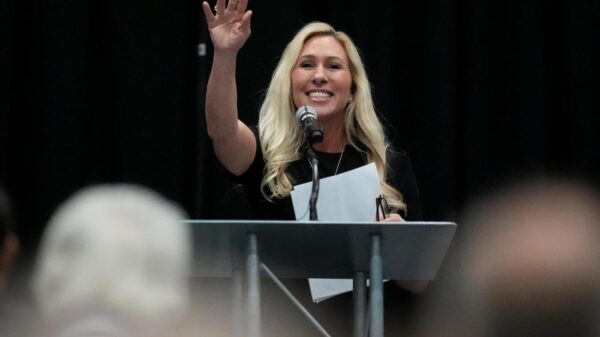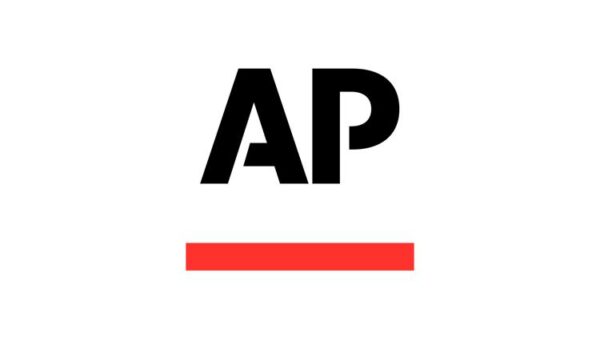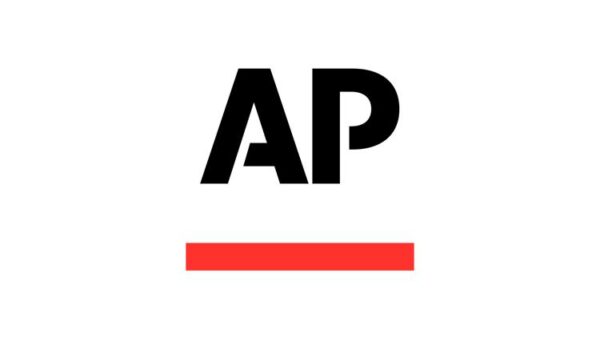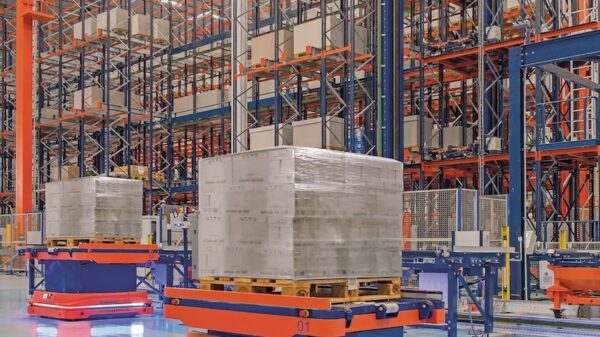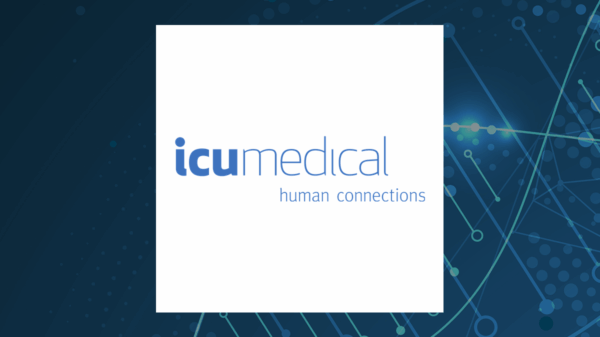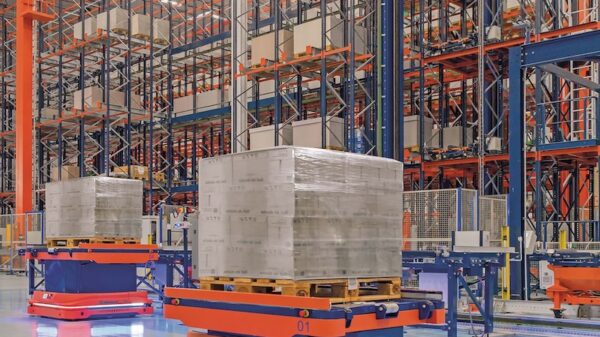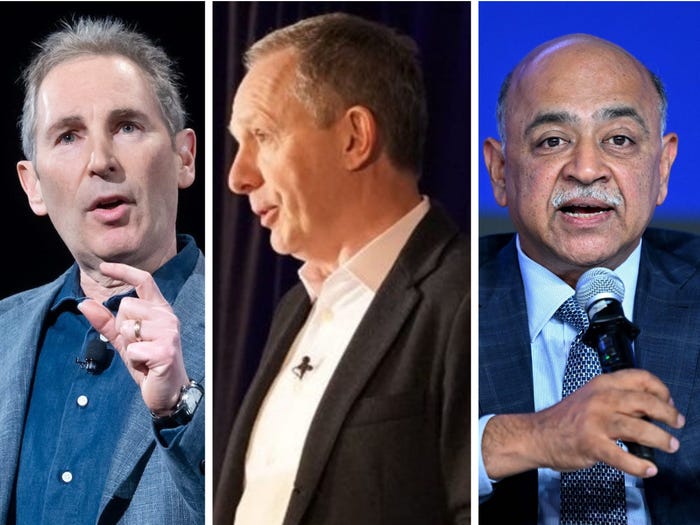UPDATE: In a shocking turn of events, major corporations including HP, IBM, and Amazon have confirmed significant job cuts, directly attributed to the rise of artificial intelligence (AI). As businesses pivot towards AI-driven productivity, the future of work is changing dramatically—and it’s happening NOW.
HP announced plans to cut between 4,000 and 6,000 jobs by the end of 2028, a move expected to save around $1 billion. The company’s earnings report directly linked these reductions to its AI initiatives aimed at improving customer satisfaction and innovation. This announcement escalates concerns about the implications of AI on the workforce.
Meanwhile, IBM’s CEO Arvind Krishna revealed that the company has already replaced hundreds of human resource employees with AI. In a recent interview, Krishna indicated that AI advancements could replace as much as 30% of back-office roles over the next five years. IBM’s upcoming layoffs are part of a broader strategy to focus on AI and quantum technologies, further emphasizing the urgency of this shift.
Amazon is not immune to these changes either. CEO Andy Jassy hinted that efficiency gains from AI would shrink the workforce in the coming years. Though Amazon recently announced the elimination of 14,000 jobs, Jassy clarified that these cuts were more about company culture than AI. Yet, he acknowledged the transformative impact of AI on operational efficiency.
In the tech sector, Salesforce CEO Marc Benioff disclosed that AI agents are now replacing human roles in customer support, resulting in a reduction of staff from 9,000 to 5,000. This dramatic shift reflects an organizational transformation that has sparked discussions about the future of employment in customer service.
Additionally, Klarna CEO Sebastian Siemiatkowski stated that the company could function effectively with half its current staff, thanks to its AI assistant handling the workload of the equivalent of 853 full-time agents. This efficiency has saved the company an estimated $58 million annually.
Lastly, Fiverr announced plans to cut roughly 30% of its workforce, affecting about 250 employees. CEO Micha Kaufman stated that these layoffs are necessary to transition Fiverr into a leaner, “AI-first” company.
These developments underscore a critical trend: a recent study from MIT found that AI could potentially replace 11.7% of the U.S. labor market. With 41% of global companies anticipating workforce reductions due to AI over the next five years, the implications for job security are profound.
As AI technology continues to evolve, the job landscape is changing at an unprecedented rate. Workers and job seekers must stay informed about these developments as companies navigate the balance between technological advancement and human employment.
Stay tuned for further updates as this situation unfolds.






